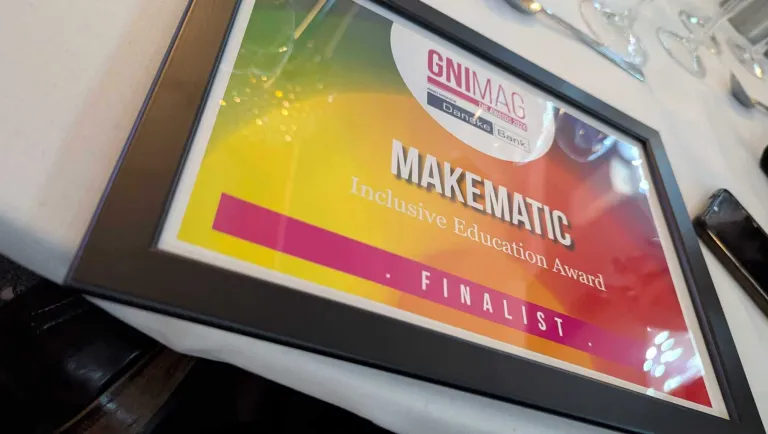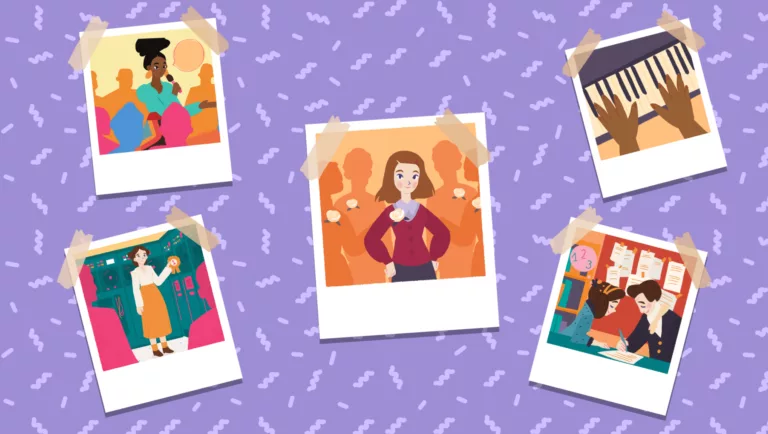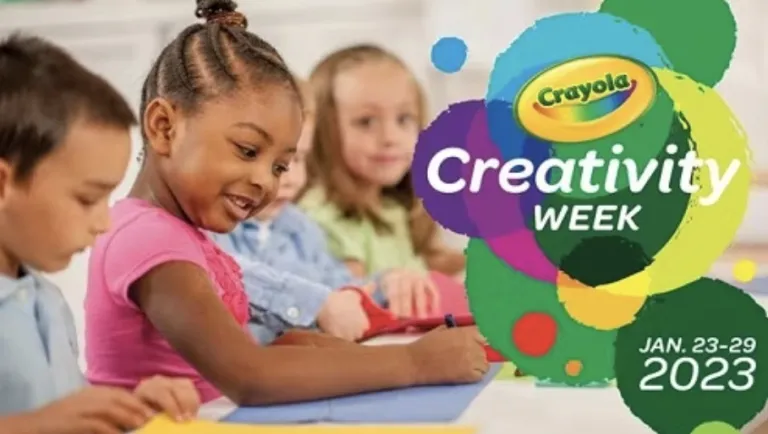
Resources To Help Educators Talk About What Happened at the U.S. Capitol
The events at Capitol Hill were shocking. And as an educator, whether you live in the United States or not, there is so much that should be discussed with those you teach. Social studies and humanities teachers are perfectly positioned to do this. The problem is where do you even start? And given this event is so divisive, in what ways can educators bring this into their classrooms?
To help educators and parents discuss the events at Capitol Hill and other themes and conversations that will inevitably come from talking about it, we’ve created a list of bite-sized video resources from our series on American history and civics, Untold.
Symbols and Meanings
| The White House | This video explores the impact, influence, and legacy of the White House. In particular, it will look at the architectural style, its influences, and the influence it had on American architecture. To be released 13th January |
| The Betsy Ross Flag | Viewers will learn about the origin and design of the Betsy Ross flag and understand the significance and symbolism of the flag in recent American history. To be released 13th January. |
| The Statue of Liberty | Viewers will learn the story of the Statue of Liberty and understand how it symbolizes core American values. |
| Alexander Hamilton’s Writing Desk | Viewers will learn about Alexander Hamilton’s portable writing desk, which he took with him everywhere and used to write some of the most important documents in US history. |
| William Jennings Bryan - Flag of an Empire Speech | Viewers will listen to William Jennings Bryan's iconic speech entitled "Flag of an Empire". |
Laws and Lawmakers
| Get Schooled: How the Electoral College Works | Viewers will learn about the electoral college, its origins in the Constitutional Convention, how it works, and how it impacts modern American politics. |
| Hotboxing History: Is the United States Really United? | Viewers will learn about federalism, how it informs the Constitutional Convention and Constitution and gives students an idea of legal disparities between states. |
| What Makes A State A State? | Viewers will learn about the federalist system of government in America and how the Founding Fathers granted states the autonomy to govern themselves under law. |
| Who Has the Right To Vote? A HIstory | Viewers will learn about who can and cannot vote in US Presidential elections, the history of voting rights in the United States, and how the voting landscape is changing |
| Barbara Jordan | Viewers will learn about trailblazing African American senator Barbara Jordan and her inspirational journey from the divided South to the corridors of power. |
| Lyndon B. Johnson - The Great Society Speech | Viewers will learn about what U.S. President Lyndon B. Johnson regarded as his ideals for the Great Society in America. |
Democracy & The Bill of Rights
| “You’re Fired” How To Get Rid Of A President | This video explores the different ways in which the President of the United States can be fired, referring back to the Constitutional Convention and the 25th Amendment. |
| Barbara Jordan - Statement on the Articles of Impeachment | Viewers will learn about the process of impeachment and the Watergate scandal by hearing House Representative Barbara Jordan delivering a speech to the House Judiciary Committee. |
| The Bill of Rights | Viewers will learn about the Bill of Rights, some of the rights it entails, how the Founding Fathers disagreed on its necessity, and how some Americans used it to achieve their rights in the 20th century. To be released 13th January |
| Public Spaces and Democracy | Viewers will explore the fundamental role of public spaces in a participatory democracy both in Athens and the early United States. |
| Civic Engagement | Viewers will learn about the separation of powers in both the American and Athenian governments. They will also learn the role the people played in the formation and continuation of both types of government. |
| Designing a Constitution | Viewers will explore how the American founders drew on prior experiments with the free government to design the Constitution. It will include the influence of the Haudenosaunee Confederacy, Roman Republic, and Athenian Democracy on the creation of the U.S. system of government. |
Other Resources
Here are links to other resources that we recommend you use.
Share My Lesson -Foundations of Democracy and Government Resources
New York Times - Teaching Resources to Help Students Make Sense of the Rampage at the Capitol
Education Week - How to Teach the U.S. Capitol Attack: Dozens of Resources to Get You Started
United States Capitol Historical Society - Where Freedom Speaks Resources


